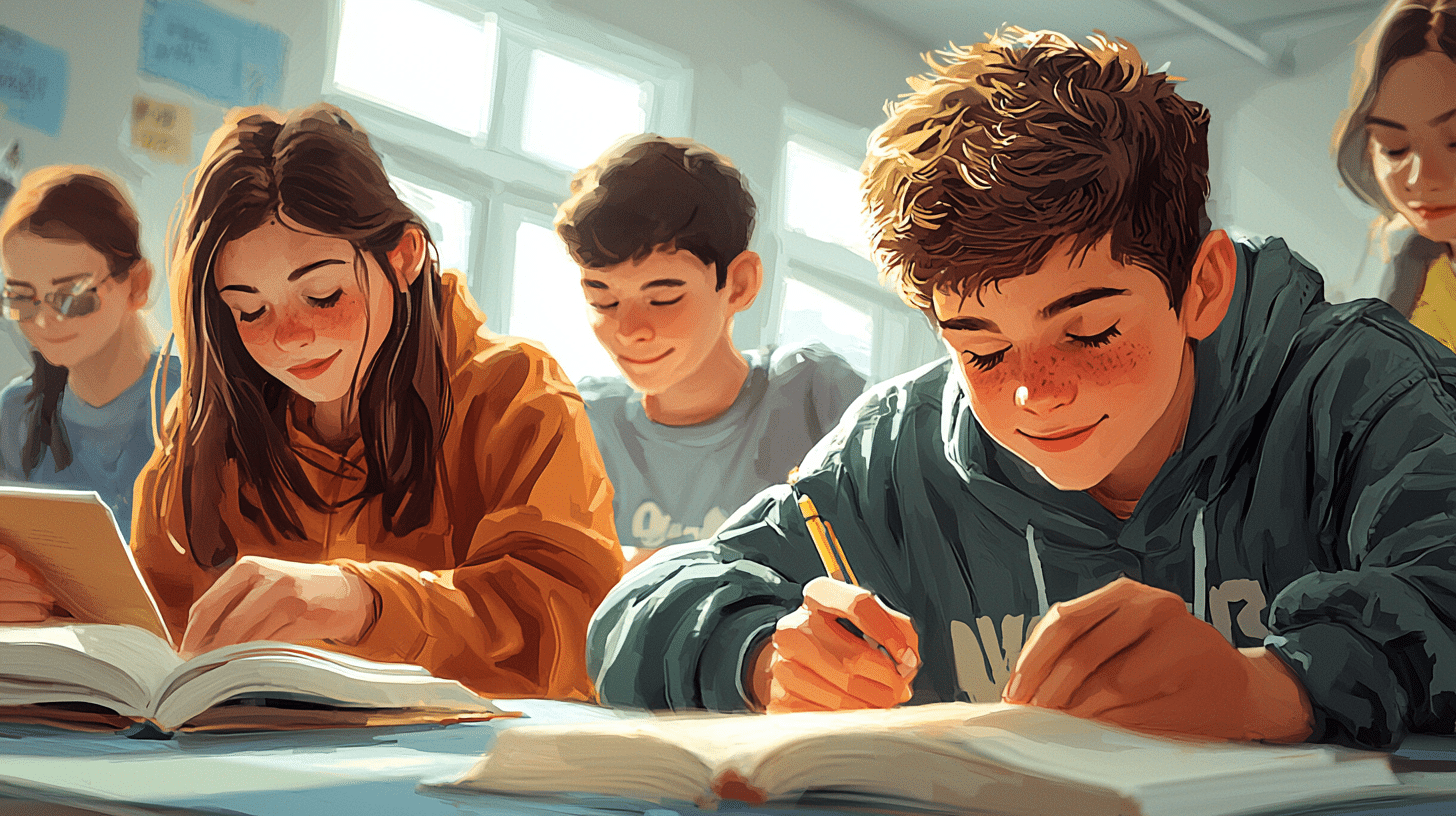
Mastering the use of Danish nouns in context is a crucial step in becoming proficient in the Danish language. By understanding how nouns function within sentences, you can communicate more effectively and accurately. Our exercises are designed to help you practice using Danish nouns in a variety of contexts, ensuring you gain confidence in your ability to use them correctly. Whether you are a beginner looking to build a solid foundation or an advanced learner aiming to refine your skills, these exercises will provide you with the practice you need to succeed. These exercises focus on various aspects of noun usage, including definite and indefinite forms, singular and plural variations, and the application of gender-specific articles. By working through these exercises, you will not only enhance your grammatical knowledge but also develop a more intuitive understanding of Danish sentence structure. Each sentence is crafted to challenge your comprehension and application of nouns in real-world contexts, making your learning experience both practical and engaging. Dive in and start honing your skills with our carefully curated exercises on using Danish nouns in context.
1. Jeg har købt en *bog* (object for reading).
2. *Kat* sover på sofaen (domestic animal).
3. Vi skal besøge *museet* i morgen (place to see historical artifacts).
4. Hun elsker sin nye *cykel* (two-wheeled vehicle).
5. Børnene leger i *parken* (public outdoor area).
6. Jeg har brug for en *kop* til min kaffe (item for drinking).
7. Hans *hund* er meget venlig (domestic pet).
8. Vi skal spise *middag* sammen i aften (meal of the day).
9. Hun har en smuk *kjole* på (type of clothing).
10. Jeg har mistet mine *nøgler* (items to unlock doors).
1. Jeg har en *kat* derhjemme (pet animal).
2. Vi skal på *ferie* til Spanien (holiday trip).
3. Han købte en ny *bil* i går (vehicle).
4. Hendes *hus* er meget stort (place to live).
5. De spiste frokost i *parken* (outdoor area).
6. Hun elsker at læse en god *bog* (reading material).
7. Jeg skal mødes med min *ven* i aften (friend).
8. De har en lille *hund* som kæledyr (pet animal).
9. Vi ser ofte en *film* sammen om aftenen (entertainment).
10. Han arbejder på en stor *fabrik* (workplace).
1. Jeg har købt en ny *bil* (a type of vehicle).
2. Vi skal besøge *museet* i morgen (a place with exhibits).
3. Hun elsker at læse *bøger* (objects with pages and text).
4. Han har en flot *hund* (a common pet).
5. Vi skal spise på en god *restaurant* (a place to eat out).
6. Jeg har brug for en ny *cykel* (a two-wheeled vehicle).
7. De købte en stor *lejlighed* (a type of living space).
8. Hun spillede på en gammel *guitar* (a musical instrument).
9. Børnene leger i *parken* (a public outdoor area).
10. Han arbejder på et stort *kontor* (a workplace with desks).